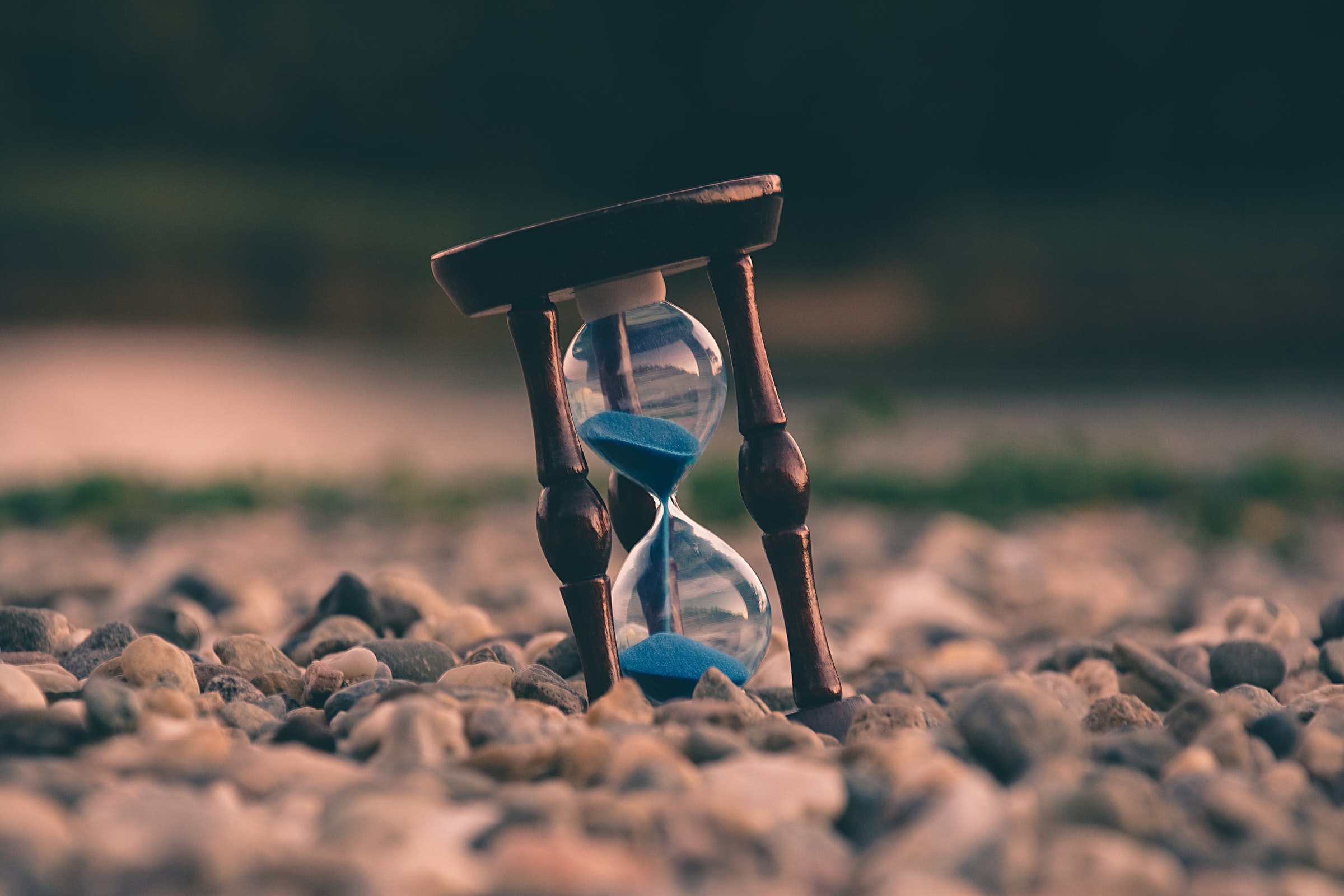Relativity

When I feel close and comfortable enough with someone, and if the topic of one’s earlier years comes up, I will share a little of my background. I've seen many different reactions to my story. Some I could tell right away were uncomfortable. Others were simply surprised and curious. A common thread I've heard is "I can't believe you got out of that."
My childhood and early adult life weren’t any picnic. But I'm not the only one. A lot have had it much harder than I have. It’s all relative to your experiences. To the average American growing up in an average middle-class family, yes, my early life probably looks ridiculously hard. But to a child soldier in Somalia, it probably looks like a walk in the park.
This is not to say it was easy for me.
I am of the belief that comparing yourself is never the best thing to do, because everyone was dealt a different hand of cards in life. Things are not always comparable or fair to compare. Of course, I have been guilty of not following my own advice on countless occasions throughout my life. As I first started to meet people in the outside (my parents and everyone in my church would call them "the world"), I couldn't help but compare my situation to theirs.
Yes, the child soldier in Somalia had it a lot worse than I did. But she wasn't sitting next to me in English literature 101. Another young, likely white, midwestern adult in their early 20s (or younger) was sitting next to me who grew up 20 miles from where I lived the better part of my teenage years (my family moved a lot as a child). The person sitting next to her was the same. And the same next to that person. My university was a local commuter school in Minnesota with mostly students from the area or other midwestern states. While it had some diversity, most of the student body was white, middle or working class, and midwestern.
"How could we grow up so close and have such different lives?", I used to ask myself.
It was not only my peers in my university or a friend I made at the local mall, but the further I ventured into the world around me the more I felt like, compared to most other people, we were not even from the same country. It was hard to feel any connection with others and, because I was also a white middle class American from the Midwest, hard not to feel I wasn't from a different country.
Speaking with the international students at my university made all that feel much easier because we were, in fact, from different countries. No surprise there. But compared to my fellow midwestern college-age Americans, how could I not compare?
I lived abroad for many years, and every time I went back to the US I was always surprised at how quickly and willingly Americans share their life stories. Once waiting in the immigration line at the airport, by the time I got to the front of the line I knew that the person next to me, Jeff, was in his second year at the army, was on leave and so excited to see his girlfriend who he has been dating for three years, has four siblings but his parents were divorced, the tattoo on his arm symbolized the independence he would gain when his tour finished, he is a Minnesota Vikings fan and goes to every game he can, and has a two hour drive home from the airport. Among other things. I barely said a word the entire time I waited in line. This behavior is not something special to Jeff. Living abroad for so long, I've realized that this behavior is common among many Americans.
Whenever I would meet someone new during my late teenage and early university years (which is when I finally started to slowly escape the situation around me), I would learn just as much, and a whole lot more, about them as I learned about Jeff. Listening to people talk about their family, friends, hobbies, and life in such detail would flood my mind with thoughts about my life and compare mine to theirs.
I was a good listener, they would say, but that was mostly because I was in awe of just how different our lives were, even if we lived down the street from one another (I did meet many other students from my town while in university).
This is a large generalization, but most people in western societies - especially those of the same language - share many things in common. While things might be very different for those in the working, middle, and upper classes of society, they likely still all went to school, had hobbies, maybe played a sport, interacted with people outside their family, and had friends.
These generalizations could even be true for people from different countries. Most probably did not grow up in a cult and believe that the world would end in the year 2000, with only them, their family, and the 40 or so people in their church going to heaven. These are things I truly believed. With such a different background to the person sitting next to me in class, comparing was only natural.
Even some of the first innocent questions I would be asked from any new people I met - where are you from, where did you go to school - would instantly make me draw comparisons and conclusions. I knew our backgrounds had nothing remotely in common and, if I told the truth, I would be ostracized, made fun of, or simply ignored. Being very shy, I was always afraid of this and was always very quiet when I met new people. It was better to be quiet or lie about my background than talk about the truth.
Things are different now, and I will eventually open up to those close to me. But the same instincts I had back then stay with me. Asking someone where they went to school seems innocent enough. My truthful reply - I did not go to school because I was raised in a cult and forced to work throughout my childhood at various businesses my father ran - would likely be shocking and could cause them to withdraw. On some occasions I've been truthful early on and I have found it hard to have had lasting relationships with these people.
For those that I have told, they ask me how I got out of it. They ask how I became so normal. Or how did I stay sane.
Today, a part of me feels like it’s nothing too bad. Nothing worse than many others have overcome. Then I do remember that what my siblings and I went through was definitely not easy. It was probably harder than what most people around us had to deal with.
And we did not get out of it without any scars.
